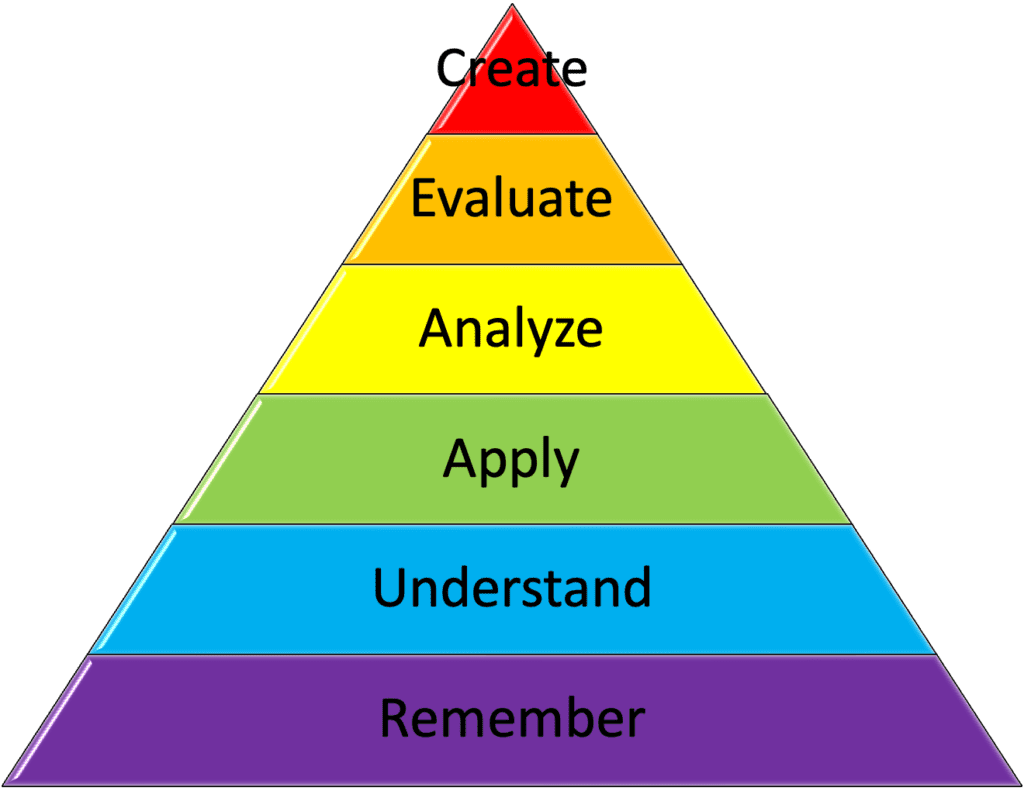In the realm of education, different teaching methodologies have been employed throughout history. One method that has stood the test of time is the Socratic method, renowned for its emphasis on critical thinking and active student participation. In this blog post, we delve into the effectiveness of the Socratic method, exploring its merits and considering whether it is a pedagogical approach that stands up to the demands of modern education.
Understanding the Socratic Method


The Socratic method, attributed to the ancient Greek philosopher Socrates, is characterized by a dialogue between the teacher and students. Instead of a traditional lecture format, this approach relies on asking probing questions that encourage students to think critically, analyze, and articulate their thoughts. The method is designed to stimulate intellectual curiosity and promote collaborative learning. (Britannica Definition)
Fostering Critical Thinking Skills
One of the primary strengths of this teaching style lies in its ability to nurture critical thinking skills. By posing open-ended questions, educators challenge students to explore ideas, examine assumptions, and construct well-reasoned arguments. This not only enhances their analytical abilities but also prepares them for a lifetime of independent and reflective learning. This type of teaching style is certain to capture your students’ attention in the classroom!
Active Student Engagement


The Socratic method places a strong emphasis on active student participation. Rather than passively absorbing information, students are encouraged to engage in thoughtful discussions, express their opinions, and defend their viewpoints. This interactive approach can lead to a deeper understanding of the subject matter and increased retention of knowledge.
Real-World Application
Critics of this method of teaching often question its relevance in today’s fast-paced and technology-driven educational landscape. However, proponents argue that the skills developed through this method, such as effective communication, critical thinking, and problem-solving, are highly transferable and essential in various professional settings. The Socratic method prepares students not only for academic success but also for real-world challenges.
Adapting to Diverse Learning Styles
While the Socratic method has proven effective for many, it’s essential to acknowledge that learners have diverse preferences and styles. Some students thrive in the interactive and discussion-based Socratic environment, while others may find it challenging. A balanced approach that incorporates a variety of teaching methods may be the key to catering to the diverse needs of students.
Conclusion:
In the ever-evolving landscape of education, the effectiveness of the Socratic method remains a subject of ongoing debate. While it undoubtedly excels in fostering critical thinking, active engagement, and real-world skills, its applicability to all learning styles is a point of contention. As educators continue to seek innovative and inclusive teaching approaches, the Socratic method, with its rich history and undeniable benefits, stands as a testament to the enduring power of thoughtful questioning in the pursuit of knowledge.
Comment below on your thoughts on the Socratic teaching method in education!


Leland Jaffe DPM, FACFAS
Associate Professor at Rosalind Franklin University of Medicine and Science
North Chicago, Illinois







